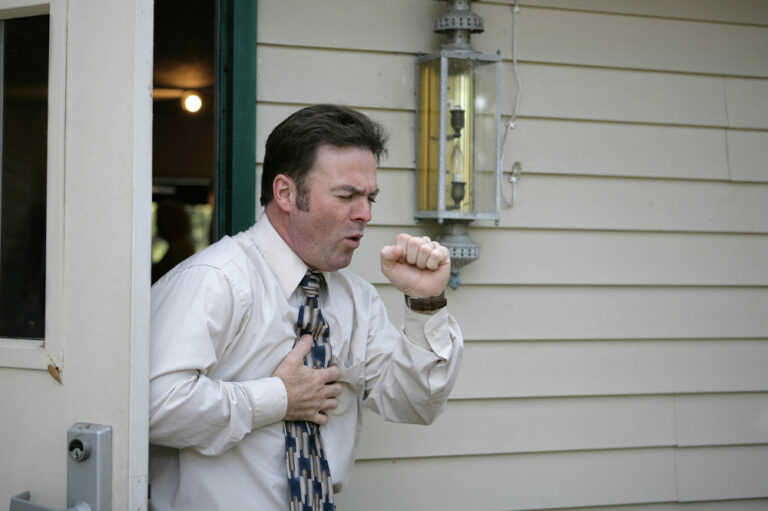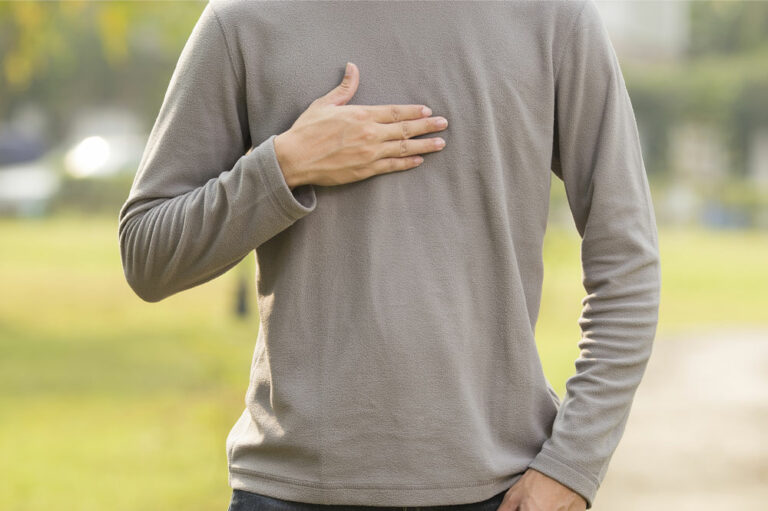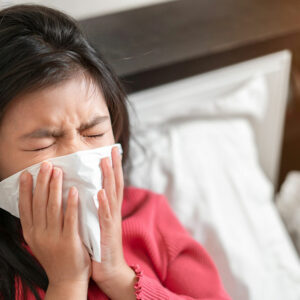
health
5 common breathing mistakes to avoid
Lifestyle choices and daily habits play a key role in maintaining respiratory health. Further, how well the lungs work in the long run can be determined by breathing habits. While one may not think about how they breathe, certain practices can make it difficult for the lungs to get enough air. Such errors can also worsen issues such as panic attacks and headaches. So, here are a few common breathing mistakes to avoid: Not exhaling enough while exercising Exercising, especially when one is new to it, can feel strenuous. So, it is common for one to take in a lot of air while breathing and not exhale as much. Even those who have been exercising for a long time can focus more on inhaling than exhaling. This imbalance usually develops during exercises such as running, cycling, or walking. These activities put pressure on the face and shoulders, making one exhale less carbon dioxide. In the long run, one can frequently experience lightheadedness, fatigue, and cardiovascular issues due to improper breath control during workouts. So, one can make a conscious effort to breathe in with the nose and breathe out through the mouth while working out. Having a bad posture Those working long hours at office jobs can have a bad posture, mostly because they sit in front of their laptop or smartphone throughout the day with little respite during breaks.
Read More 









